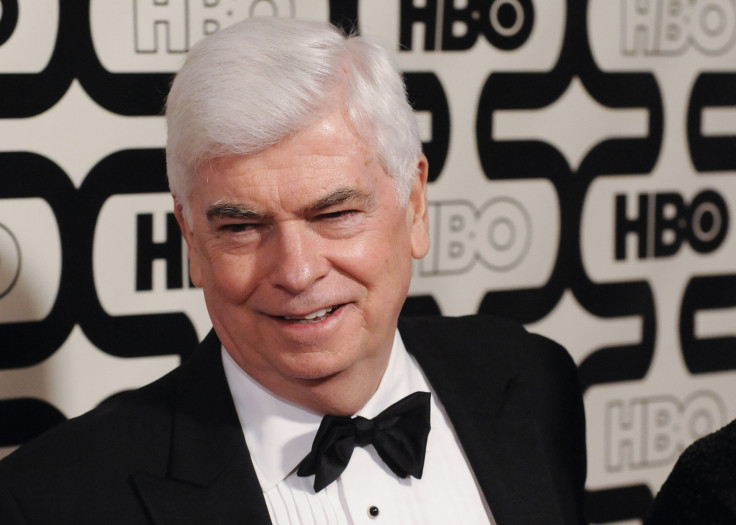Sony Emails Show How Hollywood Raised Money for Republicans; Democrat Chris Dodd Pushed Industry For Donations

After the Republicans took over the House of Representatives in 2010, Hollywood bigwigs, often stereotyped as liberals, adapted. In order to build clout with the new Congress to help ensure favorable legislation, the entertainment industry started moving its money to Republicans.
The Wall Street Journal chronicled this major shift last year. Now, emails from executives at Sony Pictures Entertainment, stolen in a massive data breach last year and posted in a searchable archive by anti-secrecy group WikiLeaks on Thursday, provide details about how the movie industry -- at the direction of a Democrat, ex-Sen. Chris Dodd of Connecticut, who leads the Motion Picture Association of America -- sought to quietly raise funds for Republican national party committees.
A particular focus for the MPAA has been to raise money for Rep. Bob Goodlatte, the Virginia Republican who took the helm of the House Judiciary Committee in 2013. Goodlatte announced he would hold hearings on ways to update U.S. copyright laws, and expressed concerns -- shared by the entertainment industry -- that the “Internet has enabled copyright owners to make available their works to consumers around the world, but has also enabled others to do so without any compensation for copyright owners.”
Later that year, Goodlatte’s team created a joint fundraising committee called the Goodlatte Victory Committee. According to an email sent by a Sony government affairs (i.e. lobbying) executive, Keith Weaver, on the day it was set up, the purpose of Goodlatte’s new committee was to “allow contributions to his effort WITHOUT giving to the NRCC,” a reference to the National Republican Congressional Committee, the fundraising arm for the whole House GOP. Weaver acknowledged that “all of the studios had the same sensitivity on this as we did.” However, the Goodlatte Victory Committee’s initial filing with the Federal Election Commission lists the NRCC as a participant in the fundraising vehicle.
After the committee was created, Dodd implored studio executives to attend an event the group was holding and to raise $40,000 apiece for it. “This event is important and in the best interests of our industry,” Dodd wrote in an email. “A number of you have had an opportunity to speak directly with the chairman in the past few months, and I know you share my view that he is a good man and we are fortunate to have him at the helm of the House Judiciary Committee for the foreseeable future.”
In an email after the event took place, a Sony employee says Weaver recommended the MPAA’s political action committee send $26,500 to the Goodlatte Victory Committee, and notes that a portion of that would go to the NRCC.
In 2014, Weaver wrote that Dodd was seeking to change MPAA membership rules to allow the organization to raise more money for its PAC because, under the current system, “Dodd finds himself routinely on the other side of an enormous number of fundraising requests” with limited resources to contribute.
A number of movie studios made sizable donations to the Goodlatte Victory Committee during the 2014 cycle, according to campaign finance data from the Center for Responsive Politics. Sony’s political action committee gave $36,500 to the committee. The Walt Disney Company raised more than $40,000 for the effort, and Time Warner raised roughly $35,000. Employees at 21st Century Fox contributed $8,000. Executives from the MPAA gave more than $20,000.
Goodlatte, it might be noted, represents a conservative, safely Republican district in southwestern Virginia and has never been in a close election race.
Goodlatte’s office did not respond to International Business Times' request for comment, nor did the NRCC. Attempts to reach Goodlatte Victory Committee’s staff were unsuccessful. An MPAA representative declined to comment on the emails, and pointed IBTimes to a statement made by Dodd on Thursday.
“This information was stolen from Sony Pictures as part of an illegal and unprecedented cyberattack,” Dodd said. “WikiLeaks is not performing a public service by making this information easily searchable. Instead, with this despicable act, WikiLeaks is further violating the privacy of every person involved.”
A Sony spokeswoman, Lauren Condoluci, refused to comment on the emails. “The information you are asking about was stolen from Sony and we decline comment,” she said.
© Copyright IBTimes 2025. All rights reserved.






















